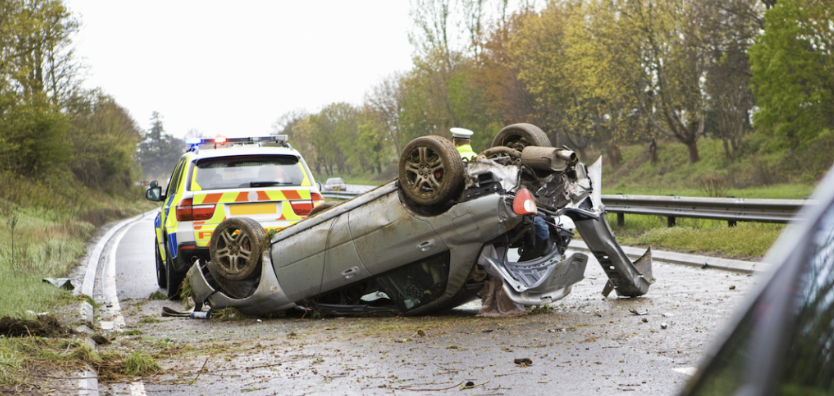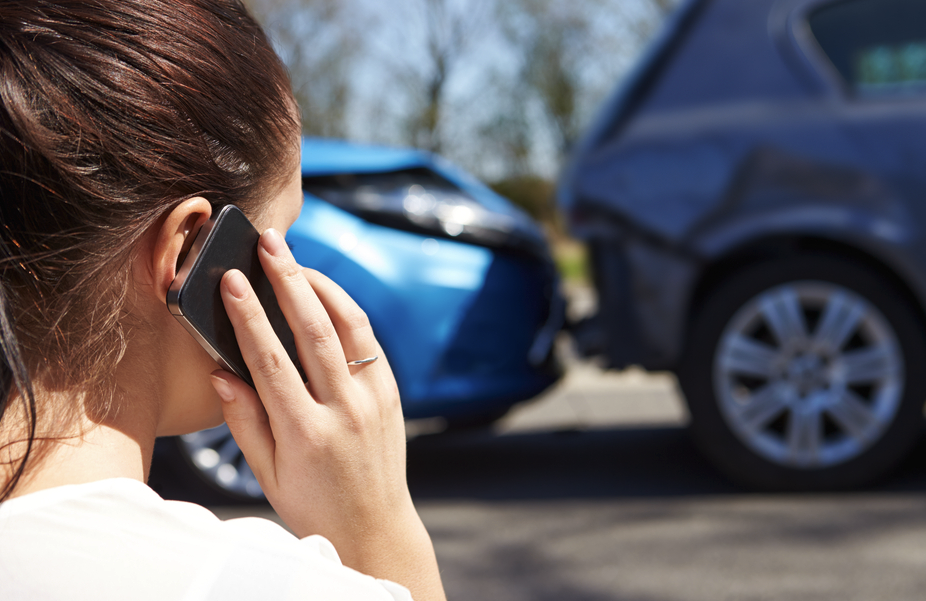If you should be unfortunate enough to be involved in a road traffic accident, then there are certain things you need to be aware of before you think about driving again.
Immediately stop when it is safe to do so
If you are involved in a road traffic accident, by law, you are required to stop as soon as it is safe to do so if the accident has not brought your vehicle to a standstill. All vehicles involved should do this, even if it is just a slight clip of a bumper or side mirror. It is an offence not to do this, and you could be charged with leaving the scene of an accident if you don’t. This can carry a severe penalty, even a jail sentence, depending on the accident.
Switch off your engine and advise other drivers to do so if involved
It is vital that engines are switched off if an accident occurs as fuel and oil may be seeping from the vehicle, even if not immediately apparent. This is a massive fire and explosion risk that can lead to further harm and even loss of life.
Switch on your hazard lights
Hazard lights are for alerting other drivers of an issue and should be switched on as soon as you are involved in an accident or see one ahead of you. By doing this, especially on a busy motorway, you can help to avoid multiple other vehicles being involved in the same incident. Many vehicles have automatic hazard lights when brakes are applied harshly, which will alert drivers behind them to potential dangers. If you carry a high-vis jacket in your car, put it on while waiting for help; this will also help alert other drivers of an incident.
Check yourself and any passengers for injury
It is important to get out of the vehicle as soon as possible if you have been involved in an accident, but try not to be too hasty. You will know if you can move and get out of the vehicle, but if you have passengers and the damage is bad, they may be more injured by being dragged out of the car by ‘helpful’ bystanders. Waiting for emergency services would be the better option unless a real threat to life, such as a fire. If all travellers can leave the vehicle unaided, they should stay on the roadside until emergency services, police, and paramedics have attended. They should not return to the vehicle until told it is safe.

Exchange your details with other drivers involved
It is essential to exchange details with each driver of the vehicles involved in the incident, including the names, addresses, registration numbers, and insurance companies. It is also each driver’s responsibility to tell the police of the accident within 24 hours. Many minor accidents and cosmetic damage mainly go unreported and are dealt with by insurance companies, but still, if your insurance company finds out you had an unreported accident, no matter how small, it could void an insurance claim, so it may be worth consistently reporting even if you are not making an insurance claim. If you cannot get the details of the driver involved in the accident, at least try to get the registration number, as your insurance company can find the driver. In cases such as these, dash cam footage is great evidence, so are any mobile phone photographs and videos at the scene.
How will you feel about driving after an accident?
Most drivers will feel very cautious about driving again after an accident, especially if it was not of your making. There was nothing you could have done to avoid it, making you feel extremely vulnerable on the road. It also makes many replay the accident repeatedly, trying to find where they could have avoided it. For some drivers, it can lead to severe confidence issues, which may not be apparent immediately after the incident.
Many well-meaning friends and relatives will tell you to get in the car and drive again as soon as possible, which is a good idea, but if you feel that you are struggling, then a few hours with some post-RTA training will really help. Post-RTA training helps drivers realise that an accident can happen to anyone. It will give any driver a toolbox of techniques to stop overthinking and allow better observations that will help the driver spot any issues on the road in good time. You may also find that many insurance companies offer post-RTA courses; it is definitely worth asking if you were not at fault.

